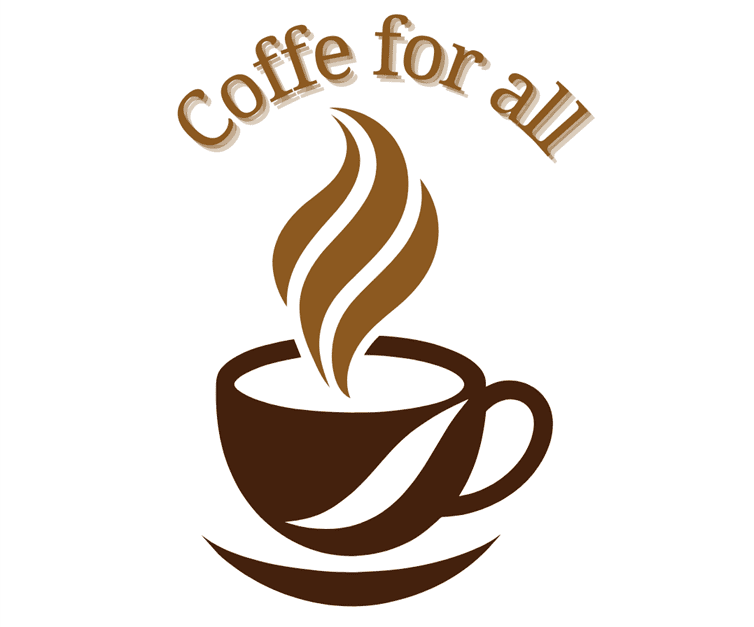The Ultimate Guide to Coffee Badging: Certifications and What They Mean for You
Table of Contents
Coffee Badging: A Deep Dive Into Its Meaning and Importance
Introduction
In the world of coffee, there’s always something new to learn, from brewing techniques to bean varieties and everything in between. One relatively new term that has been gaining attention in the coffee community is coffee badging. This concept, while not universally known, is becoming increasingly important for consumers, producers, and roasters alike. But what exactly is coffee badging, and why is it essential to understand its significance?
In this article, we will explore coffee badging, its role in the coffee industry, and why it’s relevant for anyone who appreciates a good cup of joe. By the end, you’ll have a better understanding of how coffee badging is reshaping the way we experience coffee, from production to consumption.
1. What is Coffee Badging?
Coffee badging refers to the practice of associating specific attributes or qualities with coffee products through the use of “badges” or labels. These badges can be visual symbols or certifications that represent certain characteristics of the coffee. They may include information about the coffee’s origin, sustainability practices, ethical sourcing, quality level, and brewing recommendations. Essentially, badging is a way for producers, roasters, and brands to communicate essential information to consumers at a glance.
For example, a coffee bag may display badges indicating that the coffee is fair trade, organic, or single origin, among other things. These labels help consumers make informed purchasing decisions based on their preferences or ethical beliefs. The goal of coffee badging is to create transparency in the coffee industry, allowing consumers to easily identify coffees that align with their values or tastes.
2. Why is Coffee Badging Important?
2.1. Informing Consumers
One of the main benefits of coffee badging is that it provides consumers with a quick way to identify specific attributes or qualities of the coffee they are considering purchasing. Coffee can be a complex product, and understanding all the variables—such as origin, processing methods, or roasting techniques—can be overwhelming. Badges make it easier for consumers to navigate the coffee market and make choices that align with their preferences or values.
For instance, a coffee with a “Fair Trade” badge lets consumers know that the coffee was produced under ethical conditions, ensuring that farmers are paid fairly and treated well. Similarly, a “Certified Organic” badge informs buyers that the coffee was grown without synthetic pesticides or fertilizers. By including these badges, coffee brands communicate their commitment to ethical practices and quality assurance.
2.2. Building Trust and Transparency
In recent years, there has been a growing emphasis on ethical sourcing and sustainability in the coffee industry. Consumers are more conscious than ever about the impact their purchases have on the environment and on the lives of coffee producers. Coffee badging plays a crucial role in fostering transparency within the industry. By displaying various certifications and badges, brands demonstrate their commitment to meeting specific standards, which can build trust with consumers.
For example, a “Rainforest Alliance” certification badge indicates that the coffee was grown using environmentally responsible practices, helping protect biodiversity and wildlife. Brands that use these certifications signal to consumers that they care about more than just profits—they are invested in creating a positive impact on the planet and its people.
2.3. Differentiating Coffee Brands
Coffee badging also serves as a marketing tool for brands and producers. With so many coffee options available in the market, it can be challenging for consumers to differentiate between them. Badges allow companies to stand out by showcasing their unique selling points. For instance, a coffee company that focuses on sustainability might proudly display a “Certified Organic” or “Direct Trade” badge to distinguish its products from competitors.
By associating their brand with specific certifications, companies can cater to niche markets, such as consumers who prioritize ethically sourced coffee or those who are particularly concerned with environmental sustainability.
3. Common Coffee Badges and Certifications
There are several well-known coffee badges and certifications that help define the quality and ethical standing of coffee. Here are a few of the most commonly encountered ones:
3.1. Fair Trade Certification
The Fair Trade certification is one of the most widely recognized coffee badges, and it focuses on ensuring that coffee farmers are paid fair wages for their work. This badge is especially important for consumers who want to support ethical trade practices and who are concerned about the welfare of coffee farmers, especially in developing countries.
Fair Trade-certified coffee guarantees that farmers are paid a minimum price for their product and that they receive a premium for community development projects. By choosing Fair Trade coffee, consumers help ensure that workers are treated fairly and that coffee production is carried out with respect for human rights.
3.2. Organic Certification
Organic coffee is grown without the use of synthetic pesticides, herbicides, or fertilizers. Coffee that carries an Organic badge meets strict agricultural standards set by organizations such as the USDA Organic program. Organic coffee production tends to have a lower environmental impact compared to conventional coffee farming, making it a popular choice for consumers who are concerned about the planet’s health.
3.3. Rainforest Alliance Certification
The Rainforest Alliance certification is awarded to coffee that has been grown in a way that protects the environment, supports workers’ rights, and contributes to sustainable farming practices. Coffee farms with this certification often employ shade-grown techniques that preserve local biodiversity and help prevent deforestation. By choosing Rainforest Alliance-certified coffee, consumers support farms that prioritize sustainability and conservation.
3.4. Single Origin
A Single Origin badge indicates that the coffee comes from one specific region, farm, or country, and it is prized for its distinctive flavors that reflect its environment. Single-origin coffees are often sought after by coffee connoisseurs who want to experience the unique taste profiles that different regions and farms can offer.
3.5. Direct Trade
Direct Trade is a certification that emphasizes a direct relationship between the coffee roaster and the farmer, bypassing traditional coffee trading systems. This badge ensures that farmers receive a higher price for their coffee, which helps improve their living conditions and supports the sustainability of the farming community.
4. How Coffee Badging Affects the Consumer Experience
Coffee badging provides an easy way for consumers to make informed decisions based on their ethical, environmental, or taste preferences. By choosing coffee with specific badges, consumers can support causes they believe in, such as fair wages for farmers, organic farming methods, or environmental conservation.
The next time you walk into a café or stand in front of a coffee shelf at the store, take a moment to look for the various badges. They’re not just there for decoration—they offer valuable information about the coffee’s origins, the treatment of its producers, and its environmental impact.
5. Conclusion
Coffee badging plays a vital role in helping consumers navigate the vast and complex world of coffee. It allows coffee brands to communicate their values and commitments to sustainability, quality, and ethical practices. Whether it’s the Fair Trade badge, the Organic certification, or a Single Origin label, these symbols give consumers a sense of assurance and trust in the product they are buying.
As the coffee industry continues to evolve, the importance of badging will only increase, as it aligns with growing consumer demand for transparency, sustainability, and ethical sourcing. For coffee lovers, coffee badging isn’t just about making an informed choice—it’s about supporting a coffee industry that values people, the planet, and the craft itself.

